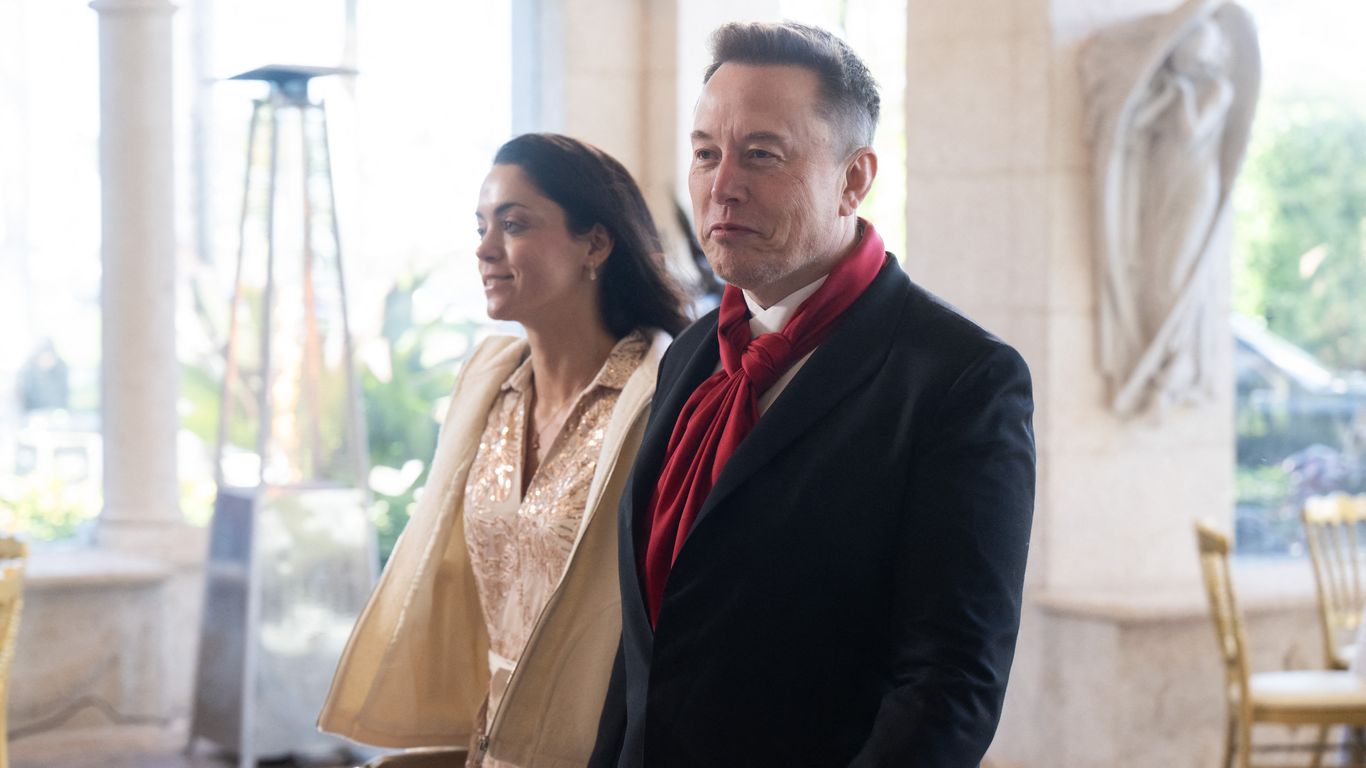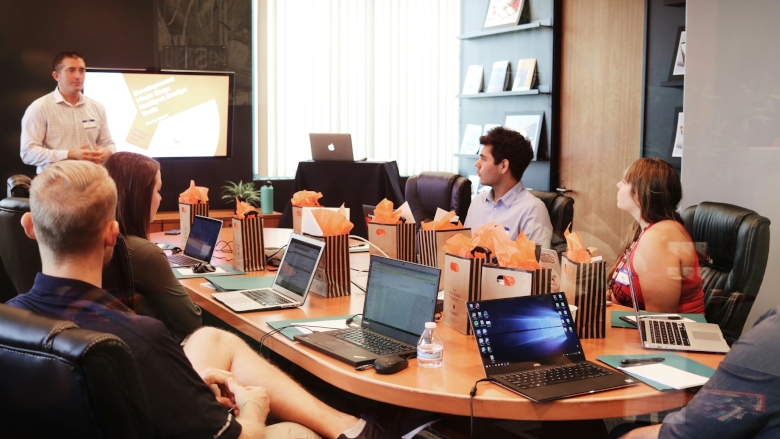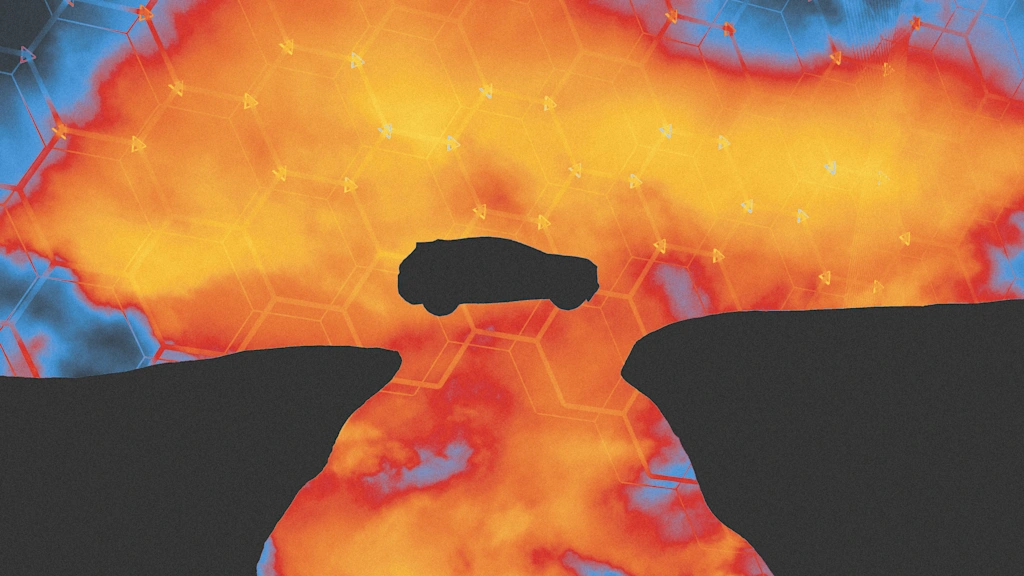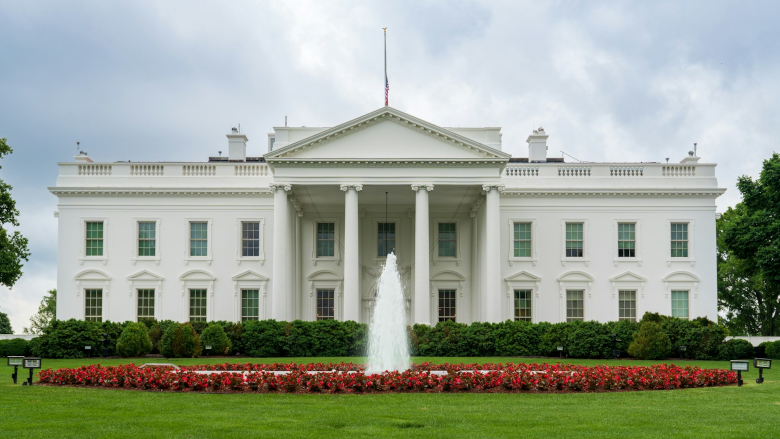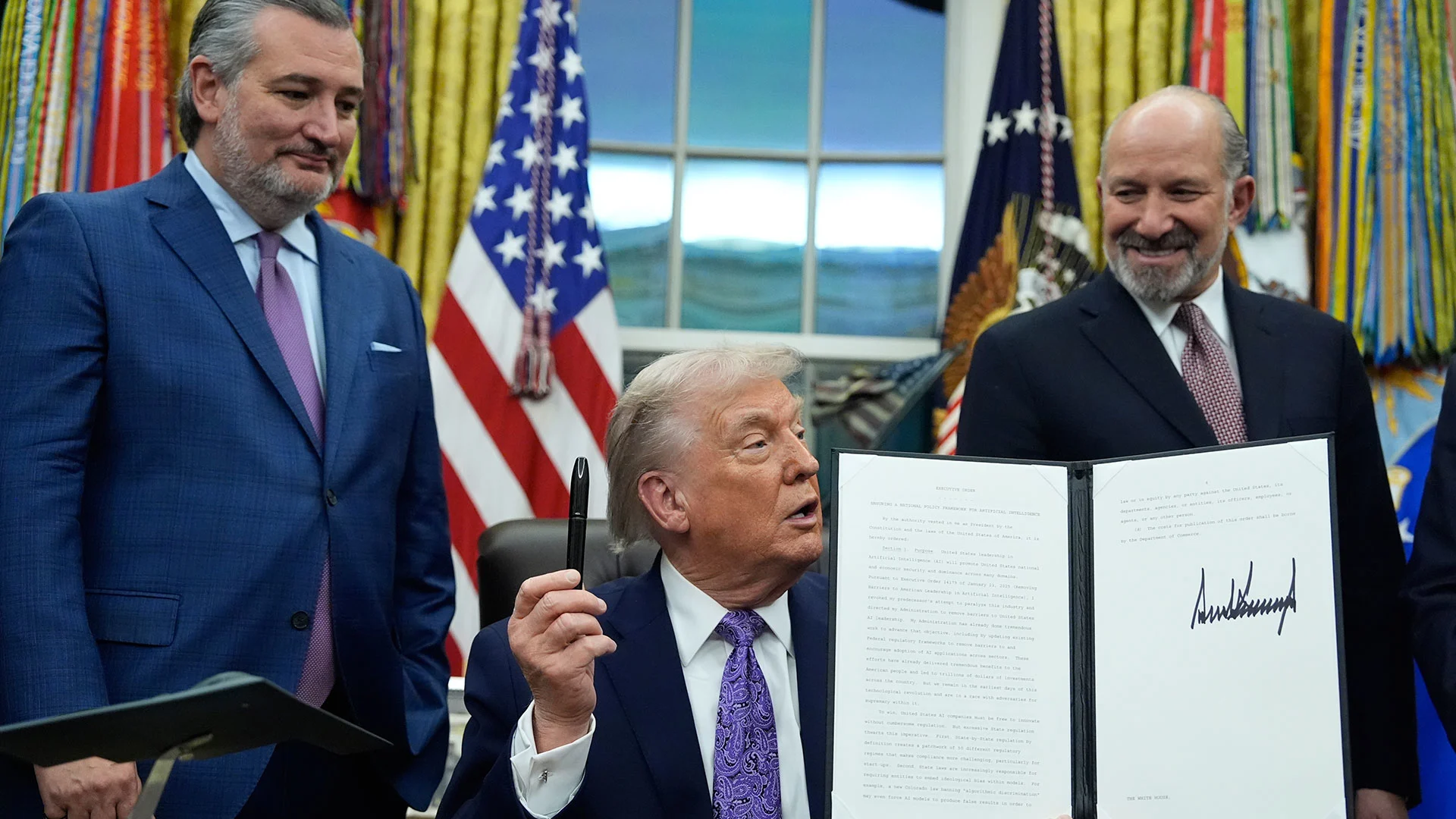#ai-regulation
#ai-regulation
[ follow ]
#federal-preemption #executive-order #deepfakes #child-safety #job-displacement #data-centers #broadband-funding
fromwww.theguardian.com
1 week agoAI needs to augment rather than replace humans or the workplace is doomed | Heather Stewart
Not me, thanks: children need the human connection the love that gives life meaning. As he works towards launching SpaceX on to the stock market, in perhaps the biggest ever such share sale, the world's richest man has every incentive to talk big. Yet as Musk waxed eccentrically about this robotic utopia, it was a reminder that major decisions about the direction of technological progress are being taken by a small number of very powerful men (and they are mainly men).
World news
fromGSMArena.com
1 week agoSouth Korea passes the first AI regulations
South Korea has launched a landmark set of laws to regulate AI before any other country or bloc (the EU's regulations are set to go into effect in stages through next year). Under Korea's AI Basic Act, companies must ensure there is human oversight for "high-impact" AI in fields like nuclear safety, drinking water, transport, healthcare, and financial uses like credit evaluation and loan screening.
Artificial intelligence
fromWIRED
1 week agoPro-AI Super PACs Are Already All In on the Midterms
Silicon Valley is already pouring tens of millions of dollars into the midterm elections taking place across the US in 2026, as the tech industry's war over AI regulation moves decisively into American politics. Technology executives, investors, and companies tied to the AI boom are funding a new network of AI-focused super PACS, which is poised to make AI a major issue in this year's state and federal elections races.
US politics
fromwww.theguardian.com
2 weeks agoBig tech continues to bend the knee to Trump a year after his inauguration
One year ago today, Donald Trump was inaugurated as president of the United States. Standing alongside him that day were the leaders of the tech industry's most powerful companies, who had donated to him in an unprecedented bending of the knee. In the ensuing year, the companies have reaped enormous rewards from their alliance with Trump, which my colleague Nick Robins-Early and I wrote about last month after Trump signed an executive order prohibiting states from passing laws regulating AI.
US politics
fromFortune
2 weeks agoPinterest CEO: the Napster phase of AI needs to end | Fortune
In a few short years, artificial intelligence has transformed from what many viewed as a moonshot to the source of countless real-world benefits. At Pinterest, for instance, we're deploying AI to flip the script on social media, using it to more aggressively promote user well being rather than the alternative formula of triggering engagement by enragement. I believe AI can benefit our 600 million users for years to come and at a fraction the cost that many associate with the technology.
Artificial intelligence
fromeLearning Industry
2 weeks agoGlobal Expansion Strategies For AI Companies
Identifying the best global expansion strategies isn't the only step AI companies should take to accelerate business growth and reach new audiences. It may be easier than ever to reach buyers on the other side of the world, but doing so brings its own set of challenges and hiccups. For starters, AI regulations differ by region, meaning that you have to know and abide by the rules in different regions.
Artificial intelligence
fromZDNET
3 weeks ago5 ways rules and regulations can help guide your AI innovation
The AI gold rush has put new pressure on governments and other public agencies. As enterprises look to gain a competitive advantage from emerging technologies, governing bodies are eager to implement rules and regulations that protect individuals and their data. The most high-profile AI legislation is the EU's AI Act. However, global law firm Bird & Bird has developed an AI Horizon Tracker that analyzes 22 jurisdictions and presents a broad spectrum of regional approaches.
Artificial intelligence
fromTruthout
4 weeks agoTrump Family Businesses Launched Since Inauguration Have Raked In at Least $4B
AMY GOODMAN: In The Wall Street Journal, you recently revealed that ventures launched since Trump's reelection have generated at least $4 billion in proceeds and paper wealth for the Trump family, that figure based on company statements and security filings. In addition, you've reported how one of the family businesses, Trump Media & Technology, recently announced a $6 billion merger with a firm aiming to build the world's first viable nuclear fusion plant to power AI projects and data centers,
US politics
fromwww.mercurynews.com
4 weeks agoAI regulation battle looms in California despite Trump threats
California lawmakers, dominated by Democrats, are determined to place guardrails on the homegrown industry, saying unfettered AI poses a mental health risk to children and adults alike. They scoff at Trump's executive order in December to withhold federal funding from states that adopt AI rules, saying it's their responsibility to act. And while companies have launched a lobbying blitz to block what they consider onerous regulations, legislators say they won't be deterred.
California
Artificial intelligence
fromwww.theguardian.com
1 month agoThis will be a stressful job': Sam Altman offers $555k salary to fill most daunting role in AI
OpenAI is hiring a head of preparedness to defend against AI-driven threats to mental health, cybersecurity, biological weapons, and self-training AIs.
fromwww.mediaite.com
1 month agoLongtime Trump Pollster Reveals Ugly Forecast for Republicans Heading Into 2026
The poll from FabrizioWard found the national general Congressional ballot currently favors Democrats by a seven-point margin. FabrizioWard is the strategy and consulting firm led by Tony Fabrizio and Bob Ward; Fabrizio is a veteran Republican strategist who served as Trump's chief pollster in 2016, 2020, and 2024. The firm's latest figures were released last week on December 18. It was based on 1,000 registered voters across the U.S.
US politics
fromFuturism
1 month agoDoctors Warn That AI Companions Are Dangerous
Although relational AI has potential therapeutic benefits, recent studies and emerging cases suggest potential risks of emotional dependency, reinforced delusions, addictive behaviors, and encouragement of self-harm,
Artificial intelligence
Startup companies
fromTechCrunch
1 month agoFrom Roombas to e-bikes, why are hardware startups going bankrupt? | TechCrunch
iRobot, Luminar, and Rad Power Bikes filed for bankruptcy due to tariff pressures, supply-chain vulnerabilities, shifting markets, and competition from inexpensive overseas manufacturing.
fromwww.housingwire.com
1 month agoWill federal AI regulations override state housing efforts?
Sam DeBord, CEO of the Real Estate Standards Organization (RESO), emphasized the complex environment that agents, brokers and MLSs already operate within with or without new AI-specific laws layered on top. He said that being ready for the regulations that come next starts with understanding how MLS licensing works and who ultimately controls compliance. Real estate agents get licensed to use MLS data through their relationship with their brokerage, which is the participant in the MLS, DeBord said.
Real estate
US news
fromAbove the Law
1 month agoMorning Docket: 12.16.25 - Above the Law
Legal and political landscape is marked by high-profile firm controversies, bankruptcies, sexual-assault allegations, redistricting litigation, AI regulatory strains, celebrity lawsuits, and international child-recovery efforts.
Artificial intelligence
fromFortune
1 month agoActor Joseph Gordon-Levitt wonders why AI companies don't have to 'follow any laws' | Fortune
Unregulated AI development risks harmful outcomes, including sexualized content targeting children, and requires legal guardrails to prevent industry-driven harms.
fromTruthout
1 month agoWhy Are Dem Governors Staying Silent About Trump's Attack on State AI Laws?
California Gov. Gavin Newsom speaks during the 2025 New York Times Dealbook Summit at Jazz at Lincoln Center on December 3, 2025, in New York City. Michael M. Santiago / Getty Images Polls show that a majority of US voters - and especially Democrats - want more robust guardrails on artificial intelligence, but Democratic governors' silence on President Donald Trump's directive banning states from regulating AI has some observers asking if lobbying by the powerful industry is to blame.
US politics
fromsfist.com
1 month agoFriday Morning Constitutional: SF Immigration Court Down to Seven Judges From 21
With billionaire 'AI Czar' David Sacks at his side, President Trump signed an executive order Thursday that charges the US attorney general with going after any state laws pertaining to AI regulation. The order could make it difficult for California to enact its own regulations of the industry. [Chronicle] A Vallejo woman was found fatally shot in her apartment after failing to show up for work on Tuesday.
US politics
from24/7 Wall St.
1 month agoLive Nasdaq Composite: Tech Sidelined in Broader Stock Market Push
In what's shaping up as a rotation out of technology names, the Nasdaq Composite has been left out of the broader market rally this week. After yesterday's impressive trading session in which the Dow Jones Industrial Average and S&P 500 both clinched new highs, the broader markets are looking to take more ground while tech remains sidelined. As for the Nasdaq Composite, it is eyeing a 22% gain year-to-date before any potential Santa Claus rally grips the technology sector if sentiment can be reversed.
Business
US politics
fromWashingtonian - The website that Washington lives by.
1 month agoTrump Had a Bad Day, Health Care Costs Are About to Soar for Millions, and David Trone Wants His Old Job Back - Washingtonian
Multiple political and legal setbacks for Trump coincided with administration moves on AI regulation, immigration cases, and reported congressional maneuvering.
fromThe Verge
1 month agoState AGs warn Google, Meta, and OpenAI that their chatbots could be breaking the law
The AGs have given Meta, Google, OpenAI, and others a deadline of January 16th, 2026 to respond to demands for more safety measures for generative AI, saying innovation is not "an excuse for noncompliance with our laws, misinforming parents, and endangering our residents, particularly children."
US politics
fromWIRED
1 month agoSilicon Valley Is All About the Hard Sell These Days
It was a distinctly clever, if somewhat surprising, choice from Altman who has mostly kept his personal life out of the media spotlight. But Altman is a salesman, and a good salesman understands the optics of good television. So he talked about being a dad and being worried that his son-who wasn't crawling at six months-was developing slower than other children (spoiler: he's not). "I cannot imagine having gone through, figuring out how to raise a newborn without ChatGPT," Altman told Fallon. "People did it for a long time, no problem. So clearly it was possible, but I have relied on it so much."
Artificial intelligence
[ Load more ]
